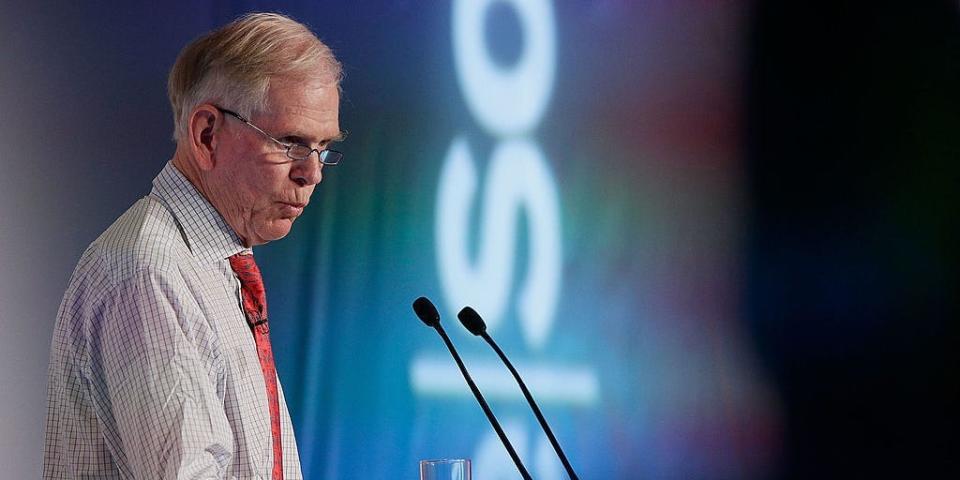Why investors should load up on cheap, 'left behind' stocks as the market trades near record highs, Jeremy Grantham's GMO says

Investors can best prepare against an eventual market slowdown by buying cheap, unloved stocks, GMO says.
The investment firm finds the extreme discounts of deep value stocks attractive.
Once bullish sentiment starts to unwind, these valuations should correct, GMO wrote.
It's time to embrace the market's cheapest stocks, with the value sector poised to eventually roar back, GMO wrote in a new research note.
The investment firm, led by legendary investor Jeremy Grantham, outlined a high conviction in "deep value" equities — or stocks that are cheap relative to their genuine fundamental worth.
Based on this criteria, the investment firm began targeting the cheapest 20% of stocks in May 2023, steering clear of "deceptively cheap" value traps.
"In a world where many stocks are being driven ever higher by positive sentiment and investor optimism, many of the ones that have been most unloved and left behind are trading at extraordinary discounts," the firm wrote.
Over the past year, US investment has skewed heavily toward large-cap tech names, helping benchmark indexes notch a series of all-time highs.
Against this backdrop, deep value stocks have become extremely cheap — not only against the broader market but also in comparison to history.
"Outside of the US all value is cheap, but deep value is in the 2nd percentile of its history," the note said. "Within the US, deep value is similarly sitting at the 10th percentile of its history, while the rest of value should largely be ignorable at current valuations."
According to GMO, that makes deep value well-positioned to deliver strong returns once investor sentiment toward mega-caps starts to unwind. Earlier this year, GMO projected a 1% decline in US large-caps in the next seven years, predicting that deep value stocks will achieve 7.6% gains.
"The S&P 500 is tech and growth heavy, so an investment in international value is the perfect complement from more than just a regional perspective," GMO wrote.
Read the original article on Business Insider
Breaking news
See all






